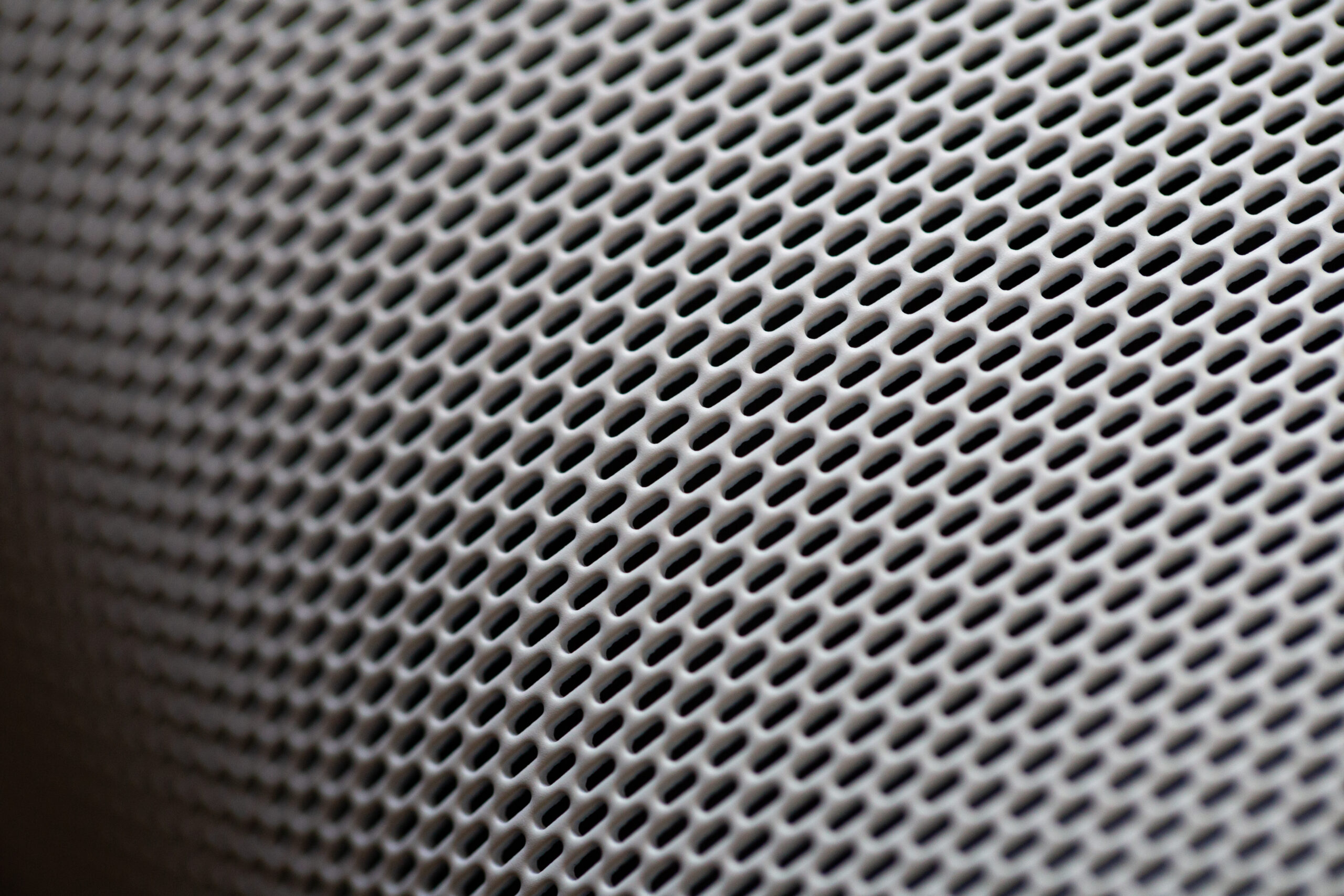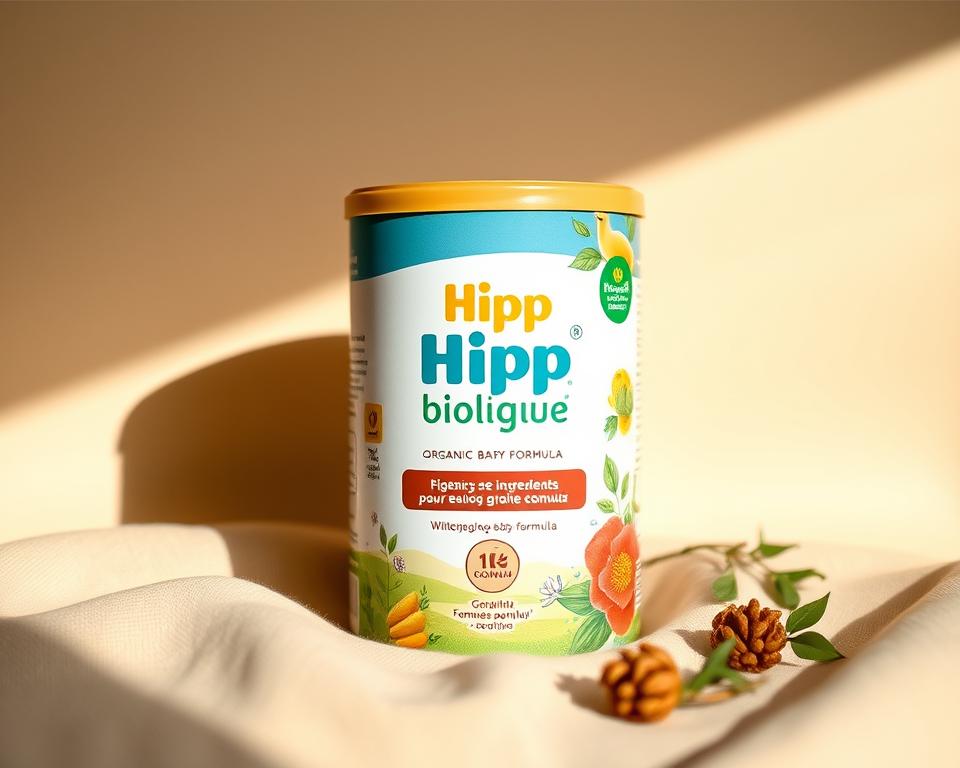Expert Grease Trap Pumping Assistance – Clean & Efficient
Foodservice operations produce over a gallon of lipids, lubricants, and grease (FOG) daily. This highlights the vital need for efficient commercial kitchen grease trap cleaning. Without proper maintenance, these substances can block plumbing, interrupt operations, and pose health hazards. By partnering with a trusted service like All In Sanitation Services, companies can ensure proper fat management and comply to health standards.
Regular FOG handling enhances cleanliness and hygiene. It also safeguards the business’s standing. Experienced technicians use advanced equipment to upkeep grease traps. This guarantees culinary operations run efficiently and avoids expensive non-operation periods due to grease issues.
Significance of Fat Interceptor Maintenance for Foodservice Operations
Proper maintenance of fat interceptors is vital in commercial kitchens. It greatly helps in the efficient management of lipids, lubricants, and fat, oil, and grease (FOG). These interceptors function as a primary barrier, capturing fats, oils, and grease before it reaches the wastewater system. Regular upkeep reduces the risk of foul odors, clogs, and vermin problems, which can interrupt functions and cause unhygienic conditions.
Understanding the Function of Fat Interceptors
Grease traps are crucial in collecting unwanted substances during foodservice fat management. They function on gravity-based mechanics, permitting less dense lipids and lubricants to rise to the top and heavier solids to settle at the bottom. This method guarantees more efficient pipe networks and helps businesses meet local regulations. Without proper care, fat interceptors can lead to serious plumbing issues, leading to expensive repairs and downtime.
Health and Safety Considerations
Ignoring grease trap upkeep can lead to significant health hazards. A clogged or malfunctioning trap may lead to waste overflow or return flow, causing unhygienic conditions and drawing in vermin. Restaurants and healthcare facilities must prioritize fat handling to guarantee a safe environment for staff and customers. A routine maintenance plan through industrial pipe services is essential for maintaining grease traps efficient and adhering with health rules.
Fat Evacuation Assistance: What You Should to Know
Understanding the significance of fat interceptor evacuation service is vital for a foodservice operation’s performance. Regular maintenance avoids blockages and ensures fat handling networks function well. With expert services, establishments gain several important advantages.
Benefits of Expert Pumping Assistance
Engaging in a professional fat interceptor pumping service offers several advantages:
- Thorough cleaning that minimizes the chance of blockages and system backups.
- Prolonged durability of culinary equipment and disposal systems.
- Use of proper techniques for complete removal of grease, avoiding problems associated with backflow of treated liquid back into the trap.
- Knowledge from skilled professionals specialized in fat handling sanitation.
Frequency of Pumping Services
The interval of fat interceptor evacuation is influenced by several factors:
- The capacity of the grease trap in use.
- The amount of grease generated from food preparation.
- Regional rules related to foodservice operation fat handling.
Establishments should consult with experts to determine a maintenance schedule that meets their unique requirements. Routine septic tank pumping and fat handling sanitation safeguard kitchen operations and improve hygiene activities.
Advanced Methods in Grease Trap Cleaning
Advancements in equipment have revolutionized grease trap cleaning, making assistance more effective and thorough. Modern equipment plays a vital function in upkeeping the sanitation of these crucial parts in commercial kitchens. By leveraging state-of-the-art solutions, pipe sanitation services can now perform complete inspections and maintain grease traps with unparalleled precision.
Modern Equipment and Technology Utilized
Current grease trap cleaning relies on innovative equipment for thorough penetration and more efficient grease and debris removal. These innovations include:
- Strong water jetting tools for complete sanitation.
- Visual examinations to identify blockages and assess trap condition.
- Automated pumping systems that improve performance.
These technologies not only reduce downtime but also ensure grease traps operate optimally, minimizing the risk of blockages and costly fixes.
Environmental Responsibility
Many companies prioritize sustainable waste management methods. By adopting responsible cleaning answers, they assist reduce the environmental impact of fat management. These sustainable techniques lead to:
- Reduced chemical usage.
- Proper management of fat in accordance with regional rules.
- Support of a cleaner community and healthier environments.
Dedication to environmental responsibility in grease trap upkeep benefits foodservice operations in several manners. It improves adherence, benefits public wellbeing, and promotes overall long-term viability.
To Conclude
Grease trap pumping service is crucial for commercial kitchens to run efficiently and maintain sanitation. It ensures adherence with ecological laws and safeguards the health of staff and customers. Regular upkeep and expert solutions are key to this.
Businesses should choose expert assistance like those from All In Sanitation Services. These assistance maintain fat interceptors sanitary, effective, and sustainable. Proper fat handling reduces money, extends tool durability, and enhances kitchen operations.
Putting resources in fat evacuation assistance is prudent for foodservice operations seeking optimal efficiency and sanitation. Routine maintenance establishes a more sanitary environment and supports sustainable food industry methods.
Job-10
Eatery Oil Collector Maintenance: Keep Your Kitchen Sanitary
Are you aware that nearly 80% of drain overflows in cities originate from fats, grease, and fat (FOG)? This alarming number underscores the critical significance of proper grease trap cleaning companies near me. In the bustling industry of professional kitchens, a fat interceptor is vital for waste management. It separates fats, oils, and grease from wastewater, avoiding drain obstructions and preserving a more sanitary, safer setting.
Consistent evacuation and servicing of oil interceptors are key to hygiene and effectiveness. Dining establishments that choose professional grease trap cleaning not only comply to local laws but also avoid unpleasant scents and pricey downtime. By collaborating with experts like Comprehensive Cleaning Solutions, you can create upkeep programs that match your dining establishment’s particular demands, securing smooth daily operations.
The Necessity of Restaurant Grease Trap Service
Upkeeping a oil collector cleaning is crucial for a restaurant’s smooth and sanitary culinary space. These units collect fats, grease, and fat (fats, oils, and grease) before they penetrate the drainage system. Frequent servicing secures cooking areas function smoothly and adhere to sanitation codes.
Understanding Fat Interceptors
Oil interceptors trap and divide FOG from wastewater. This avoids obstructions and overflows, maintaining kitchens operating efficiently. Regular maintenance extends their life and ensures your dining establishment adheres to codes.
Results of Neglecting Fat Interceptor Upkeep
Neglecting grease trap maintenance leads to serious problems. These entail:
- Backups in the drainage system
- Bad scents impacting the eating environment
- Likely hygiene dangers due to non-compliance with health codes
Such issues hinder routine activities and can tarnish a eatery’s image.
Regulatory Compliance
Adhering to restaurant grease disposal regulations is crucial. Local laws dictate how fat collectors must be maintained and cleaned. Non-compliance can cause substantial fees, affecting a eatery’s finances. Working with a professional fat collector cleaning ensures adherence and preserves functions effective.
Benefits of Expert Oil Interceptor Maintenance
Engaging a grease trap cleaning company for regular maintenance offers substantial benefits for dining establishments. It boosts hygiene, enhances productivity, and secures security in the kitchen environment.
Preemptive Servicing
Expert oil interceptor emptying is crucial for preemptive servicing. It detects and addresses challenges early, avoiding unforeseen breakdowns. This preventative strategy secures the oil interceptor operates efficiently, minimizing the likelihood of obstructions and spillages.
Seamless Cooking Processes
Planning consistent servicing during off-hours secures uninterrupted functioning in the culinary space. This method enables efficient processes, allowing employees to dedicate themselves to delivering superior dining experiences. A clean oil interceptor leads to a better culinary space by preventing unpleasant scents and ugly backups.
Professional Checkups and Corrections
Consistent inspections by expert technicians guarantee all grease trap parts work correctly. Companies specializing in grease trap cleaning offer specialist repairs when required, sparing dining establishments from expensive emergencies. This level of care maintains health standards and culinary space protection, fostering a protected workspace for staff.
Summary
Restaurant grease trap service is essential for a clean, smooth cooking area. Consistent maintenance and expert cleaning decrease the risk of pricey sewer challenges and hygiene risks. This approach assists protect facilities and standings.
Ignoring grease trap upkeep can result in compliance issues with city ordinances, resulting in fines or delays. Sticking to upkeep programs guarantees restaurants adhere to health inspectors’ standards, stopping hindrances to their service.
Partnering with a trusted company like Comprehensive Cleaning Solutions eases oil interceptor maintenance. Their expert solutions maintain cooking areas operating smoothly and ensure sanitary, protected culinary areas, enhancing client contentment.



